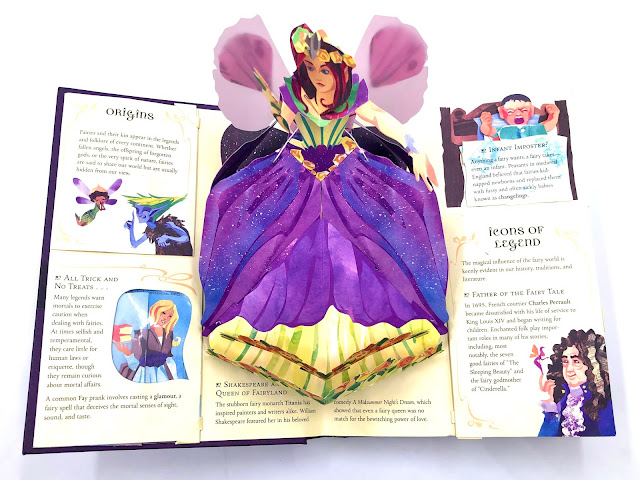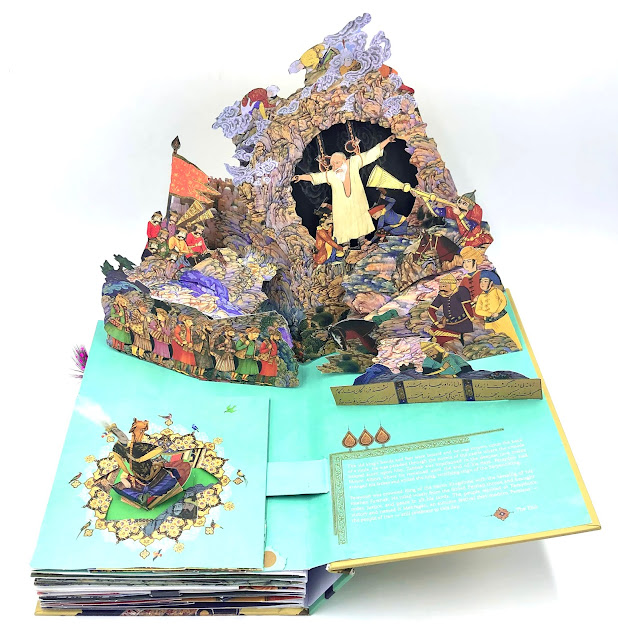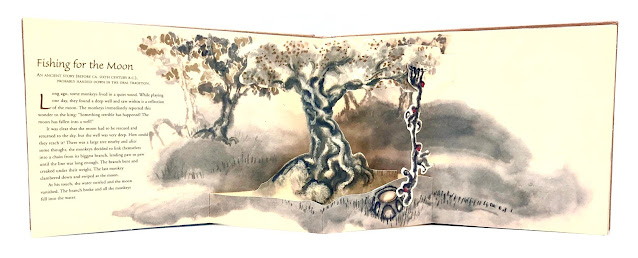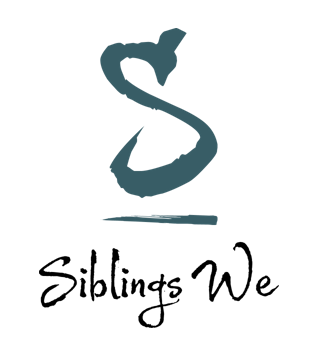It took me long enough, but I’ve finally compiled a list of my favorite pop-up books! I’m definitely going to be adding to this one as I find more, so check back frequently. Without further ado…
Below are my favorite pop-up books, selected because of their overall design qualities and illustration styles. And don’t forget to check out my other favorites lists:
~
click on a book cover to see more:

















Pop-ups by Anouck Boisrobert and Louis Rigaud, written by Sophie Strady
A little sloth remains fast asleep as the forest around him is cut down. With a strong environmental message, this interactive pop-up uses die-cut pages to peel away layers of trees with every turn of the page while keeping the same sloth pop-up (which is hard to spot at fist!) in the middle of the book. It quite literally feels like the sleeping sloth’s home is disappearing around him, and the interactive texts has readers trying to get the sloth to wake up and notice the danger around him. Anouck Boisrobert and Louis Rigaud have worked on a few books together, including Acrobat Family, Under the Ocean, and That’s My Hat!, all of which are delightful.
By Katsumi Komagata
Readers follow a contemplative and self-aware little tree through the entirety of its lifecycle. Through snow and spring, daylight and the darkest nights, the tree stands modestly in the center of the top of the book and ponders life and existence. Little Tree is a trilingual book featuring English, French, and Japanese.
By Gérard Lo Monaco
This book is not only a pop-up book, but it’s also a carousel book, which means that it can be opened accordion-style so that it forms a circle around the spine of the book. Read more about this book here.
By Helen Friel
Each of the five monochromatic pop-up spreads lists a handful of animals from a particular biosphere for readers to find. Turn off the lights, grab your flashlight, and cast shadows on the pop-ups to find the animals listed! Helen Friel has also created a companion book with the same basic concept called Midnight Monsters: A Pop-Up Shadow Search.
By Matthew Reinhart and Robert Sabuda
Matthew Reinhart and Robert Sabuda are wildly successful pop-up book creators, both as partners and as individuals, so it’s hard to choose just one book to feature. Fairies and Magical Creatures was the first book of theirs I ever discovered (hence the choice!), and it’s one of three titles in the Encyclopedia Mythologica series (Gods and Heroes and Dragons and Monsters). Their entire collection of books is worth checking out, and you can see more of Robert Sabuda’s Alice in Wonderland here.
By Hamid Rahmanian and Simon Arizpe
This tale from the Persian Book of Kings shares the myth of Prince Zahhak, who is persuaded by the devil to murder his father and take his crown. The prince’s horrible actions come with severe consequences, and he develops snakes coming out of his shoulders. It ends up taking a thousand years of tyrannical rule before someone brave enough arrives to defeat the usurper and return the land to peace. Many spreads feature a large, central pop-up with smaller "booklets" on each spread that contain their own additional text and pop-ups.
Pop-ups by David Lawrence, written by Jasper Bark
With a magnetic binder that keeps the journal closed, this book features a collection ideas and sketches based on the personal notebooks of Leonardo da Vinci. With handwritten notes and additional panels that open to reveal more pop-up ideas, the entire book has a vintage feel that makes readers feel like they’re holding da Vinci’s actual journal.
Pop-ups by Rachel Caldwell, written by Richard Walker
In this anatomical guide, the reader takes on the role of a medical student in 1839 working on their first human body dissection under the watchful eye of Dr Walker. With pop-ups and flaps, readers peel back layers of the human body to see everything that makes people tick, giving readers an in-depth exploration of how the body works. The flaps and pop-ups, as well as the sidebars, include information and medical notes.
ABC Pop-Up
By Courtney Watson McCarthy
In this petite pop-up book, every letter of the alphabet is wordlessly associated with a common everyday object beginning with that letter. An embossed letter appears somewhere on the object, but the book is extremely minimalist, with large swathes of solid colors and a heavy use of white space so readers are encouraged to interact with every page by finding the letter and discussing how it relates to the object on the page.
Pop-ups by Kate McLleand, written by Clive Gifford
What is out there, waiting to be discovered? Along with companion book What’s Below? these pop-up books explore the natural world by dividing each book in half horizontally and explore what lies above and below, respectively. With small peep-holes and layered pop-ups, these books offer a wealth of information and detail.
By Iris De Vericourt
This book is a mix-and-match game with pop-up animal features! Each animal is divided into three parts (head, middle, bottom) so that readers can create different combinations of animals. Each section of every animal is highly-detailed in matte, mostly solid colors.
By Mo Willems
Big Frog is literally so big he can’t fit anywhere, not even in this book! In true Willems style, the book is witty and full of interactive moments (through text and pull-tabs/flaps, etc.). And, of course, readers can expect a few surprises along the way.
By Lulu Hansen
This modest pop-up holds nine centuries-old stories that feature Zen tenets on achieving harmony and joy with everyday life experiences. The pop-ups are cleverly engineered to feel light and elegant, and they suit the style of the book perfectly with its Sumi inks and muted colors.
Pop-ups by Owen Davey, written by Bertrand Poissonnier
This horizontal pop-up book takes readers all the way back Lucy (3.2 million years ago) and Cro-Magnon (-30,000 BCE) to show how prehistoric people lived on a daily basis and the overarching evolution of the human species. The pop-ups are illustrated on all sides, with hidden panels that incorporate more information and imagery.
Pop-ups by Olivier Charbonnel, illustrations by Annabelle Buxton, written by Anne Jankeliowitch
Discover why Earth is so special, how our planet has evolved over history, and the interconnectivity of all living things in this world. With catchy graphics and text, five pop-ups reveal the inner workings of our planet and how we can help Earth stay healthy.
By Lucile Piketty
Can you guess an animal from the clues given about their habitat? This book features spiral pop-ups with small tabs at the center of the page for readers to lift and reveal the animals described! Each revealed creature is suspended on a sturdy but invisible plastic wire.
By David Pelham
Follow a snail’s silvery trail through a completely white book! Pop-up spreads featuring landscapes that range from magical to mysterious to simply beautiful, all with poetic and thoughtful text. Using spot gloss against a matte paper encourages readers to tilt the book to find the snail’s trail and take in all of the beautiful details like the foil lake and wheels.
By Kelli Anderson
Readers open this book to find different experiences on each spread, from an infinite calendar to a speaker to a musical instrument that needs strumming. Each spread is interactive and shows readers not only how these feats of engineering work, but also how paper can make a book more than just a "book."
This post contains affiliate links. For more information, visit my policies & disclosures page.
May 16, 2021 at 10:33AM noreply@blogger.com (Mel Schuit)

























































































